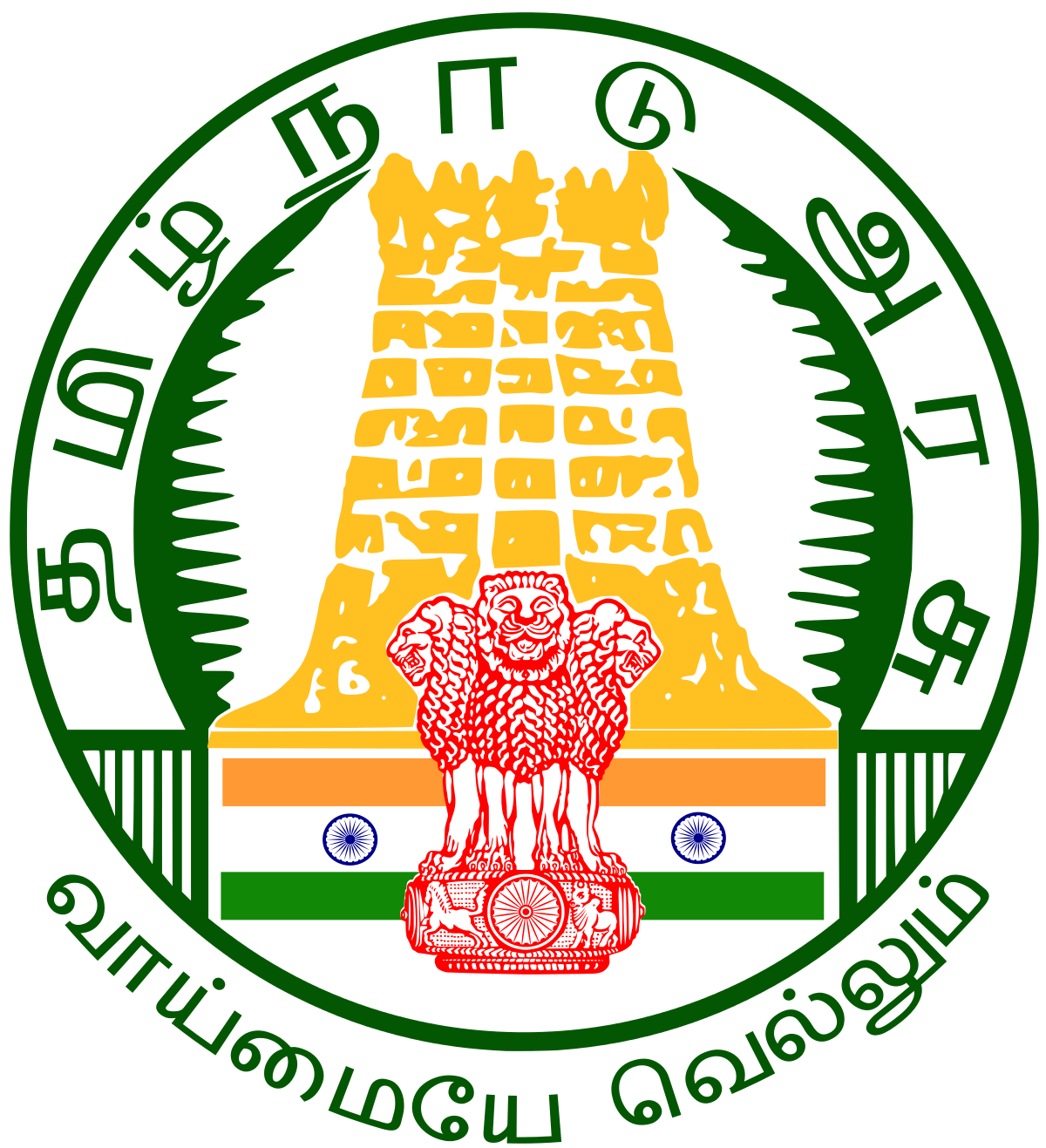
On January 30, the state government’s Health Minister, Ma Subramanian, strongly condemned the court’s decision, emphasizing the negative impact it would have on the state’s established quota system. Tamil Nadu currently offers 69% reservation across various categories for medical admissions, a move designed to ensure equitable opportunities for underrepresented communities. The minister stressed that the verdict would disrupt this long-standing reservation framework, not only for postgraduate medical courses but also for quotas allocated to in-service candidates and minorities in self-financing medical colleges.
The state government’s immediate response reflects the tense political landscape in Tamil Nadu, where caste-based reservations have been a cornerstone of the welfare policies for decades. The state’s leadership, led by Chief Minister M.K. Stalin, argues that the reservation system is a crucial tool for achieving social justice and equity, particularly in the fields of education and healthcare, where historically marginalized communities have been systematically excluded.
The Supreme Court’s ruling struck down Tamil Nadu’s argument that domicile-based reservations, specifically within the realm of medical admissions, were essential for the state to address regional disparities in education. The court stated that the state’s power to reserve seats based on domicile could not override the constitutional provisions for merit-based selection. The verdict is expected to significantly reduce the number of reserved seats in postgraduate medical courses in the state, as well as limit the reservation provisions in other professional courses in the state.
Subramanian highlighted that the Supreme Court's decision would especially affect in-service candidates — those already employed in government hospitals — who benefit from reservation in medical college admissions to pursue further specialization. Tamil Nadu’s reservation system has long accounted for the professional and social advancement of these candidates, who are often from economically disadvantaged or marginalized backgrounds. With the Supreme Court's ruling, the state fears that these individuals could lose access to educational advancement, which in turn could affect the state’s healthcare system by limiting the availability of skilled medical professionals.
The decision poses a threat to the representation of minorities within Tamil Nadu’s medical education system. The state’s current policy provides specific quotas for religious and linguistic minorities in self-financing medical colleges, which will now be jeopardized. Subramanian emphasized that such a move would disproportionately impact the minority communities who rely on these quotas to access educational opportunities and pursue careers in healthcare.
Political leaders from Tamil Nadu, including prominent members of the ruling Dravida Munnetra Kazhagam party, have expressed strong discontent with the Supreme Court’s stance. They argue that the ruling infringes upon the state’s right to implement reservation policies that are tailored to its unique social and economic realities. Chief Minister M.K. Stalin has stated that the state would take all legal steps necessary to challenge the decision and ensure the continuation of its reservation policies.
The state government’s determination to assert its rights in this matter is seen as part of a broader political battle to preserve the autonomy of regional governments in setting policies that directly affect their citizens. For many in Tamil Nadu, the Supreme Court’s verdict is viewed as an imposition from the central government, which undermines the state’s ability to address local needs. The ruling has reignited debates over federalism and the distribution of powers between the central government and state governments in India, particularly when it comes to matters of social welfare and affirmative action.
Legal experts have weighed in on the implications of the Supreme Court's decision, noting that while the court’s ruling may seem like a blow to the state’s autonomy, it is grounded in constitutional principles of merit and equality. However, Tamil Nadu’s leadership insists that the decision does not take into account the state’s unique social fabric and the need for a reservation system that reflects the region’s historical inequalities.
Opposition parties in the state have also rallied behind the government’s call for a review petition, accusing the Supreme Court of disregarding the needs of the state’s marginalized communities. Many see the move as part of a broader political agenda to centralize power and diminish the influence of regional governments, particularly in matters of social welfare.
